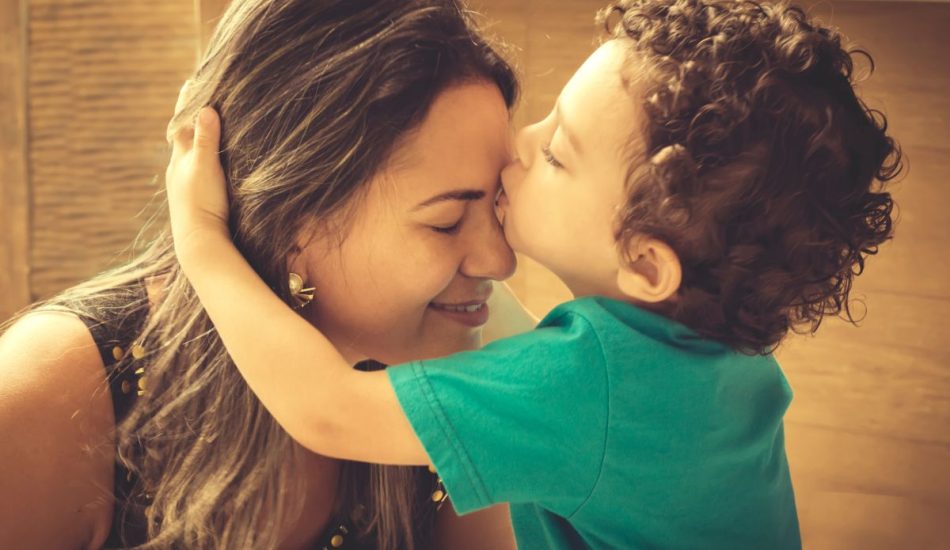A: In the state of Colorado, there is no presumption in the courts that the physical custody plan will be 50/50. However, it’s important to keep in mind that judges will tend to want to work toward a 50/50 custody plan if it is favorable for the child. This is because having a strong presence of both parents in a child’s life is typically beneficial.
What Is the Allocation of Parental Responsibilities in Colorado?
Getting a divorce can be stressful and overwhelming, and as a result, you may experience multiple changes in your life. If you are going through a legal separation or divorce in Colorado and you have children, then you may be wondering how your rights and responsibilities as a parent may change. The Colorado allocation of parental responsibilities process can be confusing.
A topic that is commonly difficult to decide on between divorcing parties is parental responsibilities. Parental responsibilities include child custody, visitation, and child support. The family law professionals at Kinnett & Cordes, have put together this guide to help you understand the allocation of parental responsibilities in Colorado.
Understanding Colorado Parental Responsibility
The state laws in Colorado that set the terms for child custody, including physical and legal custody, are complex. These laws lay the groundwork for the allocation of parental responsibilities process, which is determined during a legal separation or divorce.
An individual can start the allocation of parental responsibilities process by filling a petition with the county court. Ideally, the terms of parental responsibility would be agreed upon outside of court, with assistance such as mediation. However, if certain terms are still disputed, then it will have to go through a court process.
The issues that are decided upon when discussing Colorado parental responsibility include vacations, weekly and weekend schedules, what to do in the case of emergencies, and out-of-state travel. In order to ensure that nothing is overlooked, it’s advised to work with an experienced family lawyer.
What to Know: Filing for Colorado Parental Responsibility
After a parent has filed for parental responsibility as part of the divorce settlement, it’s important for them to know what factors the courts will take into account when making parental responsibility decisions about a case. If a divorcing couple cannot decide on the terms, then the courts will have to make the decision for them.
In general, courts will always take into account the well-being of the child or children in the family. However, other factors that they may consider include the relationship of the child with each parent and the child’s age, health status, and any special needs that they may have.
The courts will also consider each parent’s ability to provide a safe and stable environment for their children. If there is any sign of abuse or neglect from one parent, the courts will strongly take this into account.
Legal vs. Physical Custody in Colorado
The main types of child custody in Colorado are legal and physical custody. Legal custody involves decision-making for the child, such as where they will study, how they will be insured, and what healthcare operations they might receive. On the other hand, physical custody refers to which parents the child will stay and live with.
When filing for parental responsibility, it’s important to be aware of whether you are looking for physical or legal custody or both, as well as how much control you would like to have. In an ideal world, courts will offer joint custody so that both parents can live with the child and make legal decisions for them.
By considering what will be right for your child and collecting any supporting documents, such as papers showing the child’s schedule, including their extracurricular activities and your own work schedule, you can provide evidence for your custody claim. A family lawyer can help support you with submitting all of the necessary documents, going to court hearings, and representing the interests of you and your child.
FAQs:
Let Us Help You Secure Your Colorado Parental Rights and Responsibilities
If you are worried about what your life will look like with your children after your divorce, then the family lawyers at Kinnett & Cordes, are here to help you. We work with detail and care on each case in order to understand the situation of the family, including the needs of the parent and child.
Based on your concerns, we can inform you of different child custody and support options and help you pursue the one that will work most effectively for your family. Get in touch with one of our team members today to secure your child’s future.
Schedule A Consultation
Fields Marked With An “*” Are Required
"*" indicates required fields




